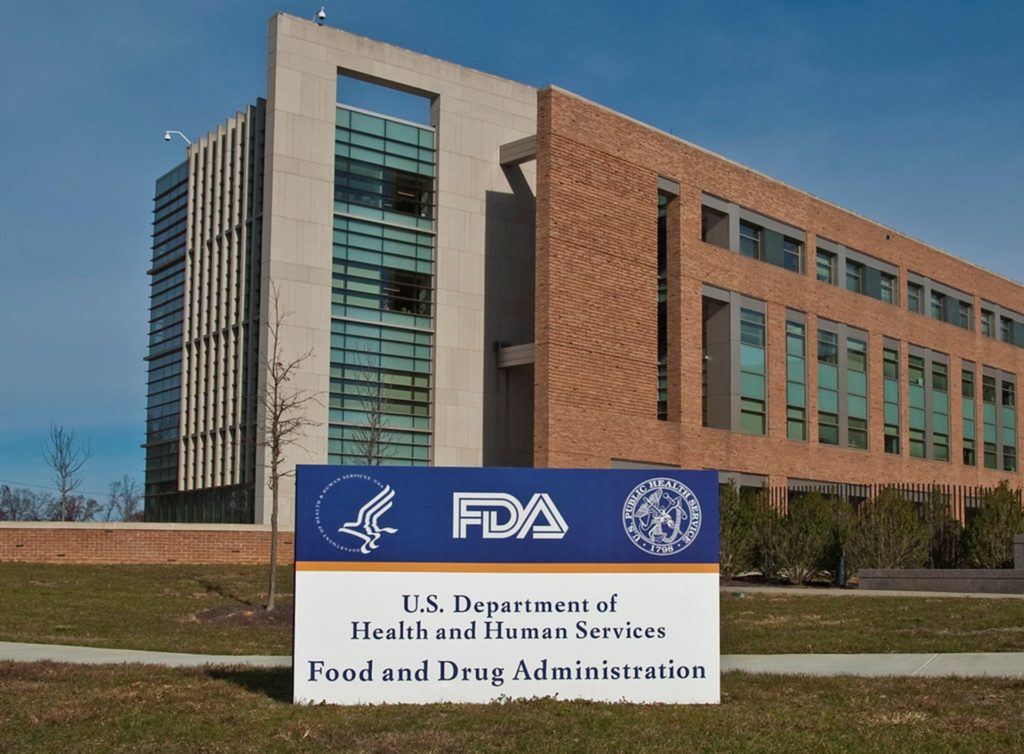In the midst of the COVID-19 crisis, tens of thousands of people within pharmaceutical companies are working hard on tests, on medicine and methods to save those who are ill, on antiviral drugs and on vaccines. Many of these efforts have been fast-tracked by regulatory bodies such as the FDA. This is all and well. But this is also a good time to ask ourselves why this fast-tracking was necessary. Why are medicine and equipment “slow-tracked” in more normal times? And what are the consequences of the normal procedure compared to what we see with regard to COVID-19?
The Slow-Tracking Process
In late December, at the beginning of the COVID-19 epidemic, the non-crisis, standard slow-tracking process was in effect. It belonged to the CDC to develop tests for the virus and even the CDC needed an “emergency use authorization.” Already available tests from other countries would have required lengthy FDA approval and even when the sense of urgency increased, hospital labs were discouraged from quickly developing their own in-house tests. These labs also realized that the FDA application process was too complicated for them. Only on February 29 did the FDA fast-track the process.
Fast-tracking is not unique to COVID-19. It is a common recourse in times of crisis. Normal procedures and regulations are set aside and we adapt to the exigencies at hand. Heroic feats of engineering were achieved during World War II. When faced with disruption, private companies form “skunkworks” to short-circuit their own, self-imposed bureaucracy and regulations.
In modern times, we usually live in calm, safe, quite well-organized societies. This allows us to indulge in what seems an unstoppable human urge to regulate. When we apply this urge to risk management, we come up with government organizations such as the FDA. That the creation of a regulatory body is a problem in and of itself is a well-known fact; a regulatory body must keep regulating to justify its very existence.
But leaving that aside, such regulatory organizations give us a warm and fuzzy feeling of order and of security. After all, these organizations are populated by thousands of government experts. Aren’t they fatherly figures who can make us safer? When a new risk is identified, we clamour for their intervention. After all, strict regulations, and the stricter the better, should provide us with security. If that were only the case…
Regulation Slows Progress
On the contrary, our risk aversion and our urge to regulate by means of government bureaucracies have devastating effects on our ability to make scientific and technological progress in any area that is regulated. This is something that Aaron Wildavsky discusses in his gem of a book, Searching for Safety.
The reasons for this are at least fourfold, although they are intimately related. First of all, a rich society such as ours can afford to spend more on safety. But secondly, a society that instead accepts risks can pursue risk reductions through trial and error. In all fields, errors are essential. Without the possibility of error, innovation is blocked like a clogged drain. We commonly cannot “think our way forward.” Instead, much of the time we must actually try to see if something works or not.
When we instead seek to avoid all risks, which is what modern regulatory bodies commonly do, we tend to pursue a strategy of trial without error; we try to guarantee beforehand what is impossible, that no new technology will ever produce any negative effects, and we therefore forego both the (often much larger) positive effects, as well as the learning we gain through errors. The method of trial without error is slow, prohibitively expensive, and wasteful with regard to risk mitigation.
Thirdly, with trial and error, we only need to mitigate those risks that actually materialize. These will usually be only a fraction of those risks we would seek to mitigate using trial without error. And fourthly, as a consequence of lower costs, when accepting and even embracing the possibility of error, we can also explore a much larger range of options, instead of just the few we can afford to consider, and have time to consider, when we try to work out every last detail beforehand.
Of course trial and error does not mean that risk avoidance goes out the window. But it becomes much less intrusive and much more flexible.
On the positive side, because we have agencies such as the FDA that regulate the pharmaceutical industry, many trials and some often-deadly errors are prevented. But, on the negative side, precisely because we do not risk any error and harm, as a net result, tens, possibly hundreds of thousands of other people have their lives shortened each year in the USA due to the resulting slowing down of progress. Drugs are delayed, often by years. The number of trials of different drugs are much smaller. Getting FDA approval costs enormous amounts of money that only large pharmaceutical companies can afford, and we therefore also have much fewer but larger and less nimble pharmaceutical companies than we would otherwise have. The same goes for all other industries subject to government regulations.
An Unregulated Market
Without the existence of the FDA, and associated regulations, patients and doctors would still seek reassurance. We know, or should know what then happens. Private certifiers will find a market, and immediately step in to provide such reassurance for patients and doctors. Also, industry organizations will spring up to provide similar services, for example through careful vetting of members. And in the end, false claims can be pursued through the courts.
One of the most celebrated features of the medical profession, the over 2,400-year-old Hippocratic Oath, that doctors swear in some form to this day, is an example of such a private-sector, confidence-generating device. It appeared precisely because doctors had to find some way to reassure patients in an unregulated market within 1200 to 1500 independent Greek city states.
The abolition of the FDA would lead to medical research seeming messy and much less well-organized. But it would be far more vibrant. Just how much innovation would be sped up without the existence of FDA-like bodies, we simply cannot know; all we can say is that the effects will be very large. Usually, when markets are freed up in other areas, the effects are stupendous.
Is it politically possible to abolish the FDA? Maybe, in particular if we take a hard look at what we are currently doing. As today’s sense of urgency shows, as soon as there are large risks to combat, such as the COVID-19 crisis, the warm and fuzzy, but misplaced feeling of having the FDA, is largely set aside. Not completely, but still. We abandon the usual slow-tracking and instead fast-track medicine with lower and/or more flexible regulatory demands. By extension, both in a time of crisis, and in times of calm, a world without the FDA would be a world in which progress is always fast-tracked.

Erik Lidström
Author of Education Unchained—What it takes to restore schools and learning (Rowman & Littlefield 2015).
This article was originally published on FEE.org. Read the original article.


